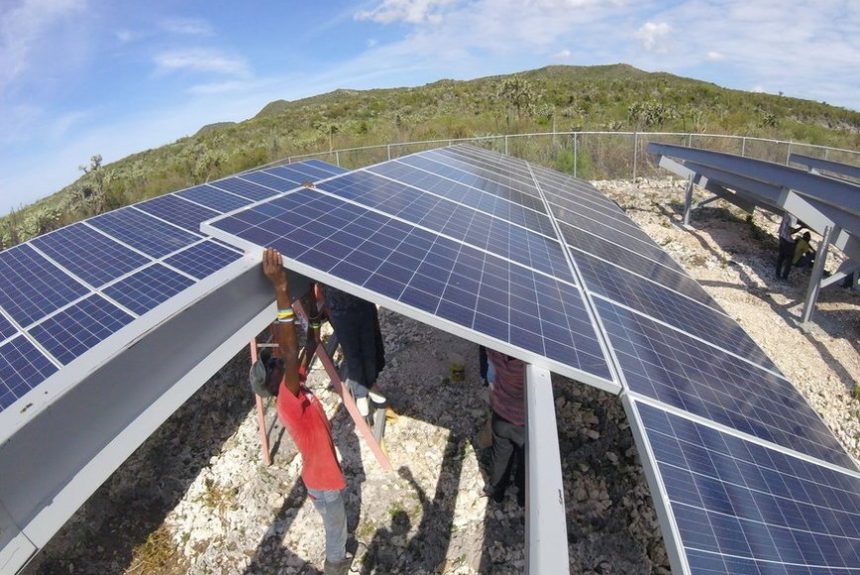Energy poverty in Haiti is widespread. Only a quarter of the Haitian population has access to electricity and even for those, service remains unreliable. The lack of access to affordable and reliable power hinders investment, constrains the development of productive businesses, and degrades the country’s standards of living. The fuel of choice for food preparation for the bulk of households in Haiti is wood, including charcoal. Apart from the negative environmental impact of cutting trees for fuel, cooking with firewood and charcoal exposes the populace, especially women and young children, to smoke and indoor air pollution. At the school level, a lack of electricity is unfortunate, because of the multiple services it can provide in the classroom. Most importantly, electricity gives a population access to communicate with to the outside world and to access to educational resources. Women can walk home under the safety of streetlights and opportunities abound for entrepreneurs and small businesses. Overall, rural electrification greatly improves the quality of life.

